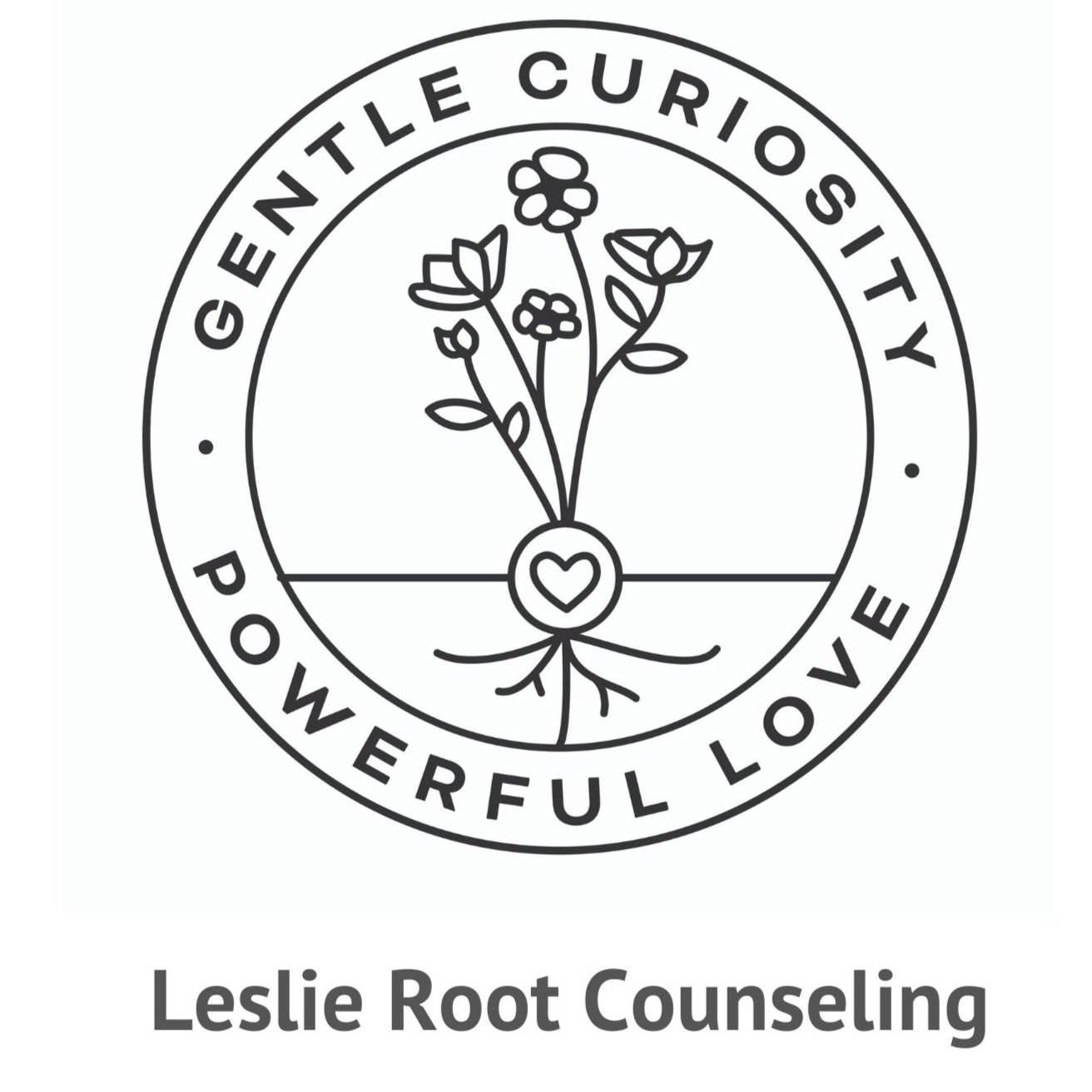Escape the Blame Game: 5 Proven Strategies to Strengthen Your Relationship
It's all too common to fall into the trap of blaming our partners when relationships hit a rough patch. We convince ourselves that if only they would change this or that, everything would improve. It's understandable to feel compelled to assign blame when our partners avoid taking responsibility for their actions and choices. However, engaging in the blame game ultimately leads to cycles of stress and emotional turmoil that ultimately destroy our relationships.
The blame game is rooted in a lack of couple connection. Most couples struggle with communication, which leads to a lack of connection. We tend to polarize when we pick a partner. We pick partners who complement our strengths and weaknesses - which is great, until it isn't. Over time, couples develop predictable communication patterns that involve defensiveness, attempts to control, the need to be right, unbridled self-expression, withdrawal, and retaliation. These maladaptive behaviors further erode couple connection and exacerbate the problem.
Couples I work with often come in with predictable dynamics. One common one is over functioning wife and under functioning husband. She feels resentful, she’s solely responsible for completing all the household tasks comforting the kids and trying to avoid her husband’s defensiveness when she shares how overwhelmed and unsupported she feels. Meanwhile, he feels disrespected and treated like a child, believes even when he does do what she asks, it’s never good enough, and sees her way of handling the children as too permissive. While the blame game may not get played out daily, it is consistently simmers beneath the surface, impacting the couple's overall satisfaction, not to mention their sex life.
So how do we make it stop? Changing patterns is not easy. Our brain really wants to do what it has always done, because the old way likely helped us survive. Changing the couple dynamic starts with getting very self-focused. Couples therapy is a great way to get your out of embedded patterns that you can’t seem to shake. Here are 5 strategies to help you get there.
Accept Responsibility: this is the opposite of defensiveness. This is key to resolving conflicts with your partner. Even if you don't agree with how they feel, acknowledging that your actions upset them is an important step towards reconciliation. While you may have perceived the situation differently, setting aside your own perspective to fully accept their point of view creates an opening for resolution. Avoiding the urge to explain or justify your actions allows you both to move forward productively.
Drop Your Agenda: We've all experienced talking with someone who is more focused on formulating their rebuttal than truly listening. This leads nowhere, as the other person feels controlled and unheard, often shutting down in response. To resolve conflicts with a partner, both individuals must be willing to set aside their own agendas and preconceptions. Only then can you fully understand each other's perspectives. Dropping your agenda allows you to work collaboratively towards a shared vision for the future, fostering greater engagement, accountability, and fulfillment.
Focus on what the person is doing right: we are often the harshest critics of our partners. Most of the couples I meet with truly love each other and are devoted to their spouses. They tend to also be stuck in a negative spiral loop around what their partner isn’t doing for them. It tends to take up most of their thinking and it’s really hard to move out of. The truth often is, our partner is likely doing more for us on a day-to-day basis than anyone else in our lives. Focusing on what they are doing is a helpful way to transition into problem solving regarding what is not working. A simple daily practice, like sending a text expressing gratitude, can go a long way in nourishing the relationship. The small gestures matter - they are the deposits that build up your "relationship bank account" over time.
Turn Complaints into Requests: most of us could list off our complaints about our partners. It might actually be the way you can start to find out what you might want in your relationship. Finding the complaint allows us to turn it into a request. When we go from “you never put the kids clothes away” to “Will you help me with the laundry tonight after dinner?” or “you never plan a date night and get the babysitter booked” to “will you take me out on a date, and book a babysitter? I miss our time together.” When partners commit to making these kinds of specific requests, I've seen it lead to big, positive changes in the relationship. Framing things as requests rather than complaints gives our partners a clearer idea of what we need and a better chance of getting our needs met.
Get present to What You Want: Couples should get clear on what they truly want in their relationship. This self-reflection can help us re-commit to building the relationship we desire, rather than simply accepting the one we’ve fallen into. By identifying specific wants and evaluating our own ability to demonstrate those behaviors, partners can work on personal and couple alignment. When we are focused on the behaviors we want, often our own behaviors follow suit. It’s a great way to get into our own inner functional adult.
You deserve to have fulfilling relationships with the humans you love. If you are ready to have the relationship you want reach out today.
